NIH-funded study shines light on disease mechanisms, pointing to possible therapeutic targets
Press Releases
Image
Image
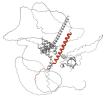
Wednesday, January 31, 2024
Proteins could serve as biomarkers that improve diagnosis and guide the development of novel therapies
Image

Thursday, February 2, 2023
Human spinal cord cell atlas provides foundation to study neurodegeneration, chronic pain, and other diseases.
Image

Wednesday, September 14, 2022
Today, the U.S. Food and Drug Administration and the National Institutes of Health (NIH) announced the launch of the Critical Path for Rare Neurodegenerative Diseases (CP-RND)—a public-private partnership aimed at advancing the understanding of neurodegenerative diseases and fostering the development of treatments for amyotrophic lateral sclerosis (ALS) and other rare neurodegenerative diseases.
Image

Tuesday, August 30, 2022
Researchers have published two papers describing how they identified a potential new pathway for treating a sporadic form of amyotrophic lateral sclerosis (ALS). The studies were published as part of a cooperative research agreement between the National Institute of Neurological Disorders and Stroke (NINDS), part of the National Institutes of Health, and the Switzerland-based biotechnology company GeNeuro Inc.
Image
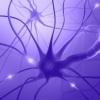
Monday, February 28, 2022
Researchers from two independent research teams have discovered how the mislocalization of a protein, known as TDP-43, alters the genetic instructions for UNC13A, providing a possible therapeutic target that could also have implications in treating amyotrophic lateral sclerosis (ALS), frontotemporal dementia (FTD), and other forms of dementia.
Image
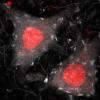
Monday, January 24, 2022
Using an experimental drug, researchers were able to suppress a mutated amyotrophic lateral sclerosis (ALS) gene.
Image
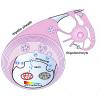
Thursday, September 30, 2021
NIH study identifies possible target for certain neurodegenerative disorders
Image

Wednesday, July 28, 2021
Image
Image
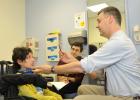
Monday, May 31, 2021
In a study of 11 medical-mystery patients, an international team of researchers led by scientists at the National Institutes of Health and the Uniformed Services University (USU) discovered a new and unique form of amyotrophic lateral sclerosis (ALS).
